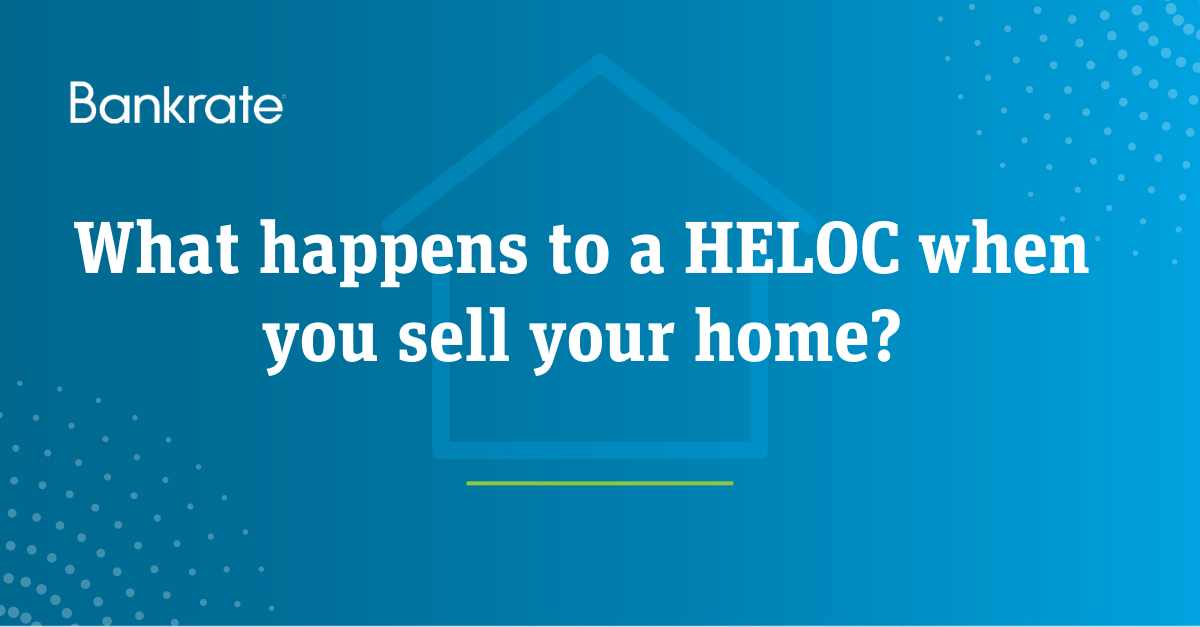
What happens to a HELOC when you sell your home?
Key takeaways
- When a home is sold, a HELOC must be paid off, along with any other debts secured by the property.
- Outstanding HELOC balances are typically settled during the closing, out of the sale proceeds.
- If the home sale proceeds are not enough to cover the HELOC and mortgage, the seller may need to come up with cash or explore alternative options like a short sale.
Are you selling your home and have a home equity line of credit (HELOC)? Get ready to say goodbye to them both. As an active debt tied to the property, the HELOC must be paid off when that property changes hands.
While this may sound tricky, it’s actually quite doable with the proper preparation. Here are the steps to take when selling a house with a HELOC to ensure a smooth transaction.
Why do home sellers have to pay off their HELOC?
A HELOC is essentially a loan, backed by the equity you have in your home. And any outstanding obligations secured by your home have to be settled when you sell your home. That includes your primary mortgage, along with the HELOC.
During closing, the title company or closing attorney will order a payoff statement from your HELOC lender. The document will detail the amount needed to settle the HELOC: your outstanding balance, including any accrued interest and fees. But you don’t have to write a check — generally, the sum just gets deducted from the money the homebuyer is paying you.
“It’s almost identical to a first-lien mortgage; it gets paid off, and then whatever proceeds are left after the payoff would be due to the seller,” says Tom Hutchens, executive vice president at Angel Oak Mortgage Solutions, an Atlanta-based correspondent lender.
After the sale closes, the line of credit is shut down. Your lender will confirm that the HELOC has been paid off and release any liens on the property.